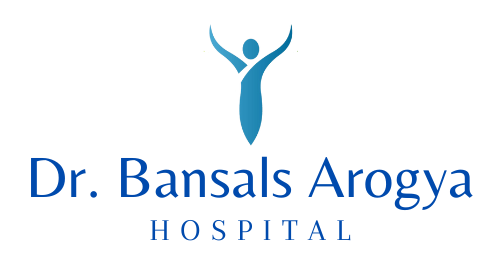Postpartum Care
Medical Laboratory And Specialists Services
The postpartum period refers to the time following childbirth, typically defined as the first six weeks. During this time, women may experience a range of psychological changes, from the “baby blues” to more serious conditions like postpartum depression (PPD) and postpartum psychosis.Common Postpartum Psychological Conditions
1. Postpartum Blues (Baby Blues): Mood swings, sadness, irritability, anxiety, crying spells.
Onset: Usually occurs within the first few days after delivery and typically resolves within two weeks.
2. Postpartum Depression (PPD): Persistent sadness, loss of interest, fatigue, feelings of worthlessness, difficulty bonding with the baby, sleep disturbances.
Onset: Can occur anytime within the first year postpartum; most commonly within the first three
months.
3. Postpartum Anxiety: Excessive worry, racing thoughts, physical symptoms (e.g., heart palpitations, shortness of breath), hyper-vigilance regarding the baby’s health.
Onset: Can occur alongside or separate from depression.
4. Postpartum Psychosis: Severe mood swings, delusions, hallucinations, extreme agitation, and inability to function.
Onset: Usually occurs within the first two weeks postpartum.
Prevalence: Rare, affecting about 1-2 per 1,000 births
Risk Factors: Personal or family history of mental health issues, Lack of social support, Stressful life events during pregnancy or postpartum, Complications during childbirth, Unplanned or unwanted pregnancy.
Management Strategies: Provide reassurance and education about normal postpartum emotions.
Encourage rest and self-care.
Psychotherapy: Cognitive-behavioral therapy (CBT) or interpersonal therapy (IPT) can be effective.
Support Groups: Encourage participation in support groups or peer counseling.
Mindfulness and Relaxation Techniques: Encourage practices such as meditation, yoga, or deep breathing exercises.
Education: Provide information about PPD to reduce stigma and promote help-seeking behavior.
Patient may Require urgent psychiatric evaluation and possible hospitalization.
Early identification and appropriate management are crucial for the well-being of both the mother and child. A multidisciplinary approach involving healthcare providers, mental health professionals, and support systems is essential for effective care and recovery. Regular follow-up and monitoring can help ensure positive outcomes in the postpartum period.
